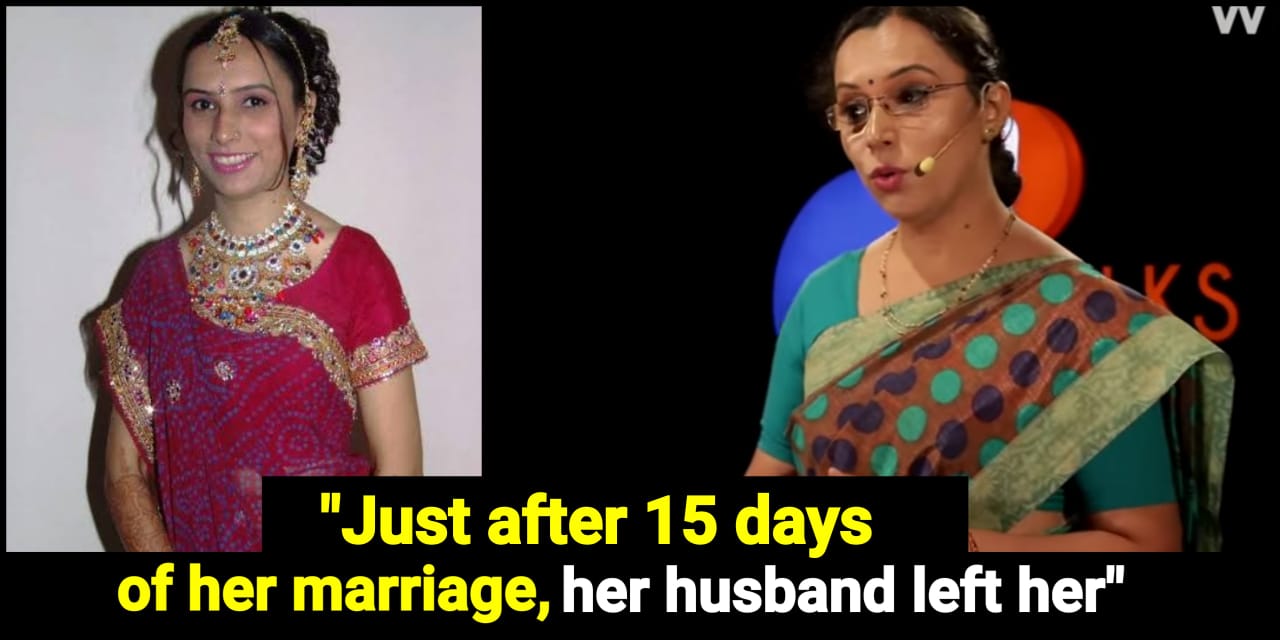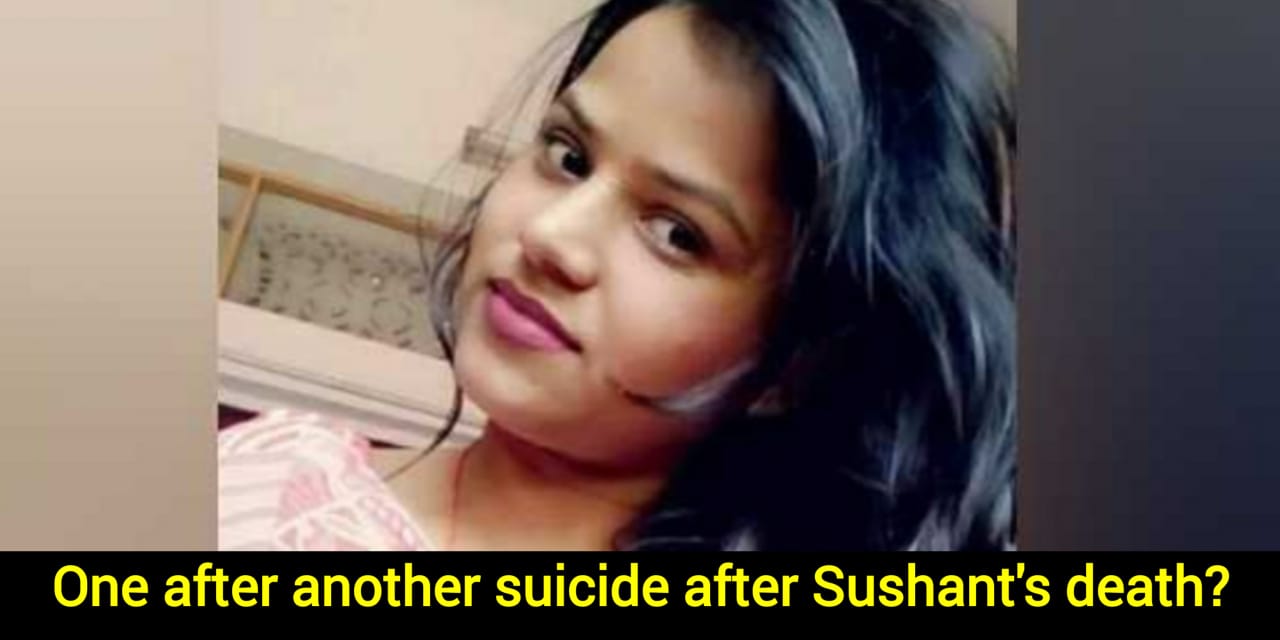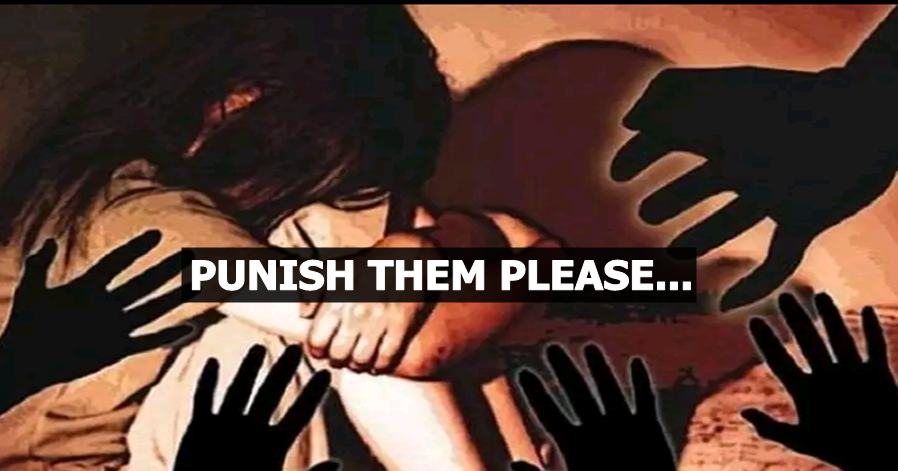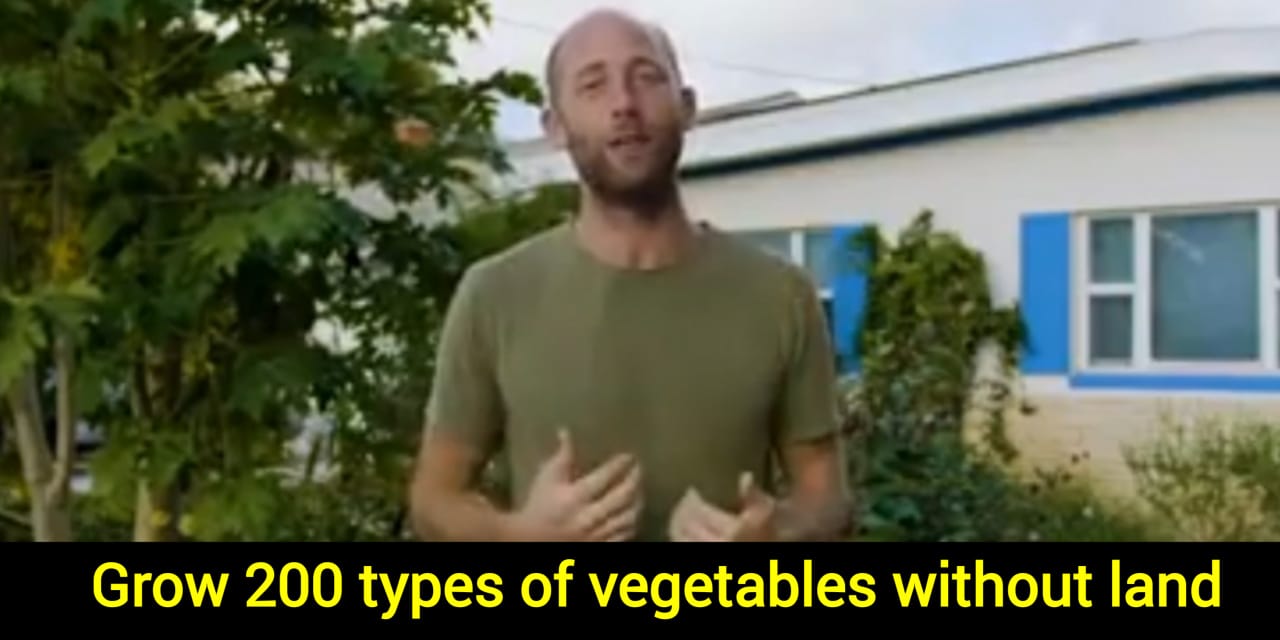No products in the cart.
10 actors who spoke against Govt and stood up for what is right!
The Bollywood business has been tarnished by nepotism, unfairness, and prejudice in recent years. Many people have been overlooking some of the government’s wrongdoings because they are more concerned with the little disputes that arise in the world of cinema. However, there was a period when the Bollywood business would criticise the government for its unfair policies.
Occasionally artists would join hands and protest, and other times, artists would dare to go against the government or its policies on their own. Even though some were imprisoned as a result of their actions, they never gave up hope and continued on. Those musicians became well-known not just for their ability, but also for their compassion, patriotism, and intelligence.
Here are some examples of times when Bollywood had a backbone and stood up for justice.
1. Dev Anand publicly stood out against Indira Gandhi’s Emergency
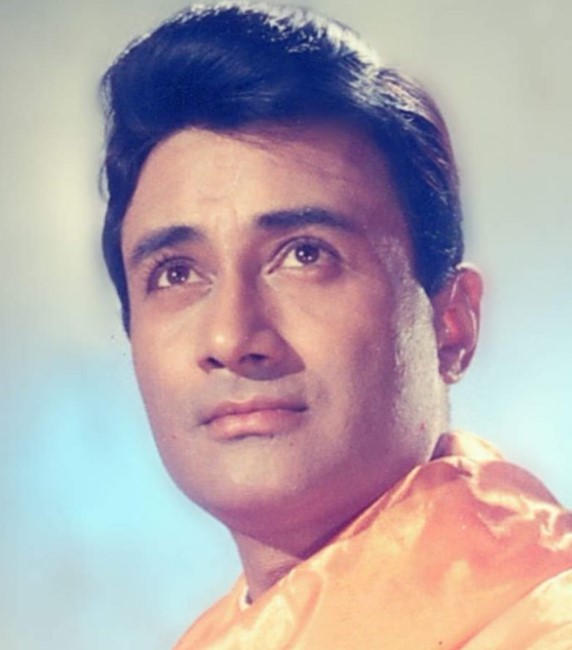
Dev Anand was barred from broadcasting his films and songs that featured him on Doordarshan and All India Radio after vocally protesting Indira Gandhi’s Emergency. But he didn’t stop there; he continued to resist.
2. Manoj Kumar’s anti-Emergency Protest
Another well-known actor who publicly resisted the Emergency was Manoj Kumar. He even launched a lawsuit against the government, which he won, after they tried to put a stop to his forthcoming films. He even turned down an offer to collaborate on a pro-Emergency documentary.
3. Kishore Kumar’s anti- Emergency Protest
Despite knowing the repercussions of prohibiting his songs and films from being broadcast, Kishore Kumar declined the invitation from then-I&B Minister VC Shukla to sing at the Youth Congress Rally and appear in advertisements promoting Sanjay Gandhi’s 20-point Economic Programme.
4. Shabana Azmi’s protest at the 12th International Film Festival in 1989 against the assassination of Safdar Hashmi.
After he and his group were attacked by Congress thugs, anti-authoritarian dramatist Safdar Hashmi died the next day. Shabana Azmi demonstrated by handing out flyers to the audience and reading them on stage. Even though the suspect who may have orchestrated the incident was sitting in the crowd, she shouted him out. After 14 years in prison, the perpetrator was found guilty.
5. K. Hangal’s incarceration as a communist
Avtar Krishan Hangal, an Indian actor born in 1917, served three years in prison in Karachi before moving to Bombay in 1949. He experienced a lot of ups and downs throughout his career as a member of the Communist Party. He was even permitted to leave the jail to complete filming for a few films.
6. Balraj Sahni’s unwillingness to apologise for his activity and criticism of the government, for which he was imprisoned for two years.
In 1949, he was imprisoned for writing for the Indian People’s Theatre Association in an outraged attack on the government. He was even offered bail if he apologised, but he declined and spent the next two years in prison.
7. Danny Denzongpa’s participation in the anti-Emergency Protest
Danny Denzongpa banded up with Dev Anand, Manoj Kumar, and other Bollywood stars to protest the Emergency. Danny Denzongpa even pointed out the Emergency’s illegal methods.
8. Pran Krishan Sikand’s anti-Emergency Protest
The Bollywood industry’s strength was fully demonstrated during the Emergency period. Pran Krishan Sikand, a well-known Bollywood villain, shown his compassion and patriotism by denouncing the Emergency and the government.
9. Majrooh Sultanpuri used poetry to criticise Nehru
The acclaimed film composer Majrooh Sultanpuri was imprisoned in 1949 for composing a poem criticising Jawaharlal Nehru and his government policies. Even when he was requested to repent in order to gain free, he refused, preferring to stay imprisoned for two years.
10. Hrishikesh Mukherjee took a risk in his films by including in-jokes about the Emergency.
Hrishikesh Mukherjee denounced the Emergency and even included references to it in his film, which was a daring step. During the Emergency, he even protested against the reigning forces.





